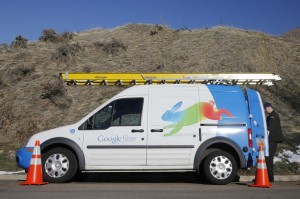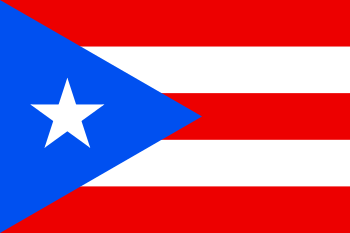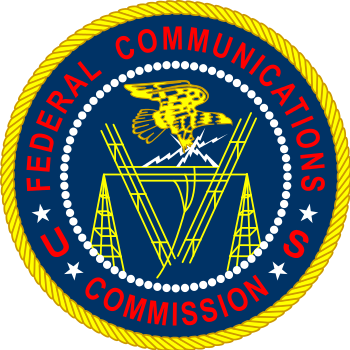CAROL WILSON
The FCC’s decision to reclassify broadband Internet access as a telecommunications service will now subject the Internet to international telecom rules, as governed by the United Nations and the ITU, and could prompt other countries to implement similar regulations, claims the head of the major lobbying organization for telecom companies. (See FCC Adopts Title II Internet Regs for Net Neutrality.)
Walter McCormick, president and CEO of United States Telecom Association (USTelecom) , says his organization will be filing a court appeal as soon as details of the Federal Communications Commission (FCC) ‘s new rules are made public, claiming the federal government is overstepping its authority in a way that is “unnecessary and unwise.” Continue reading









